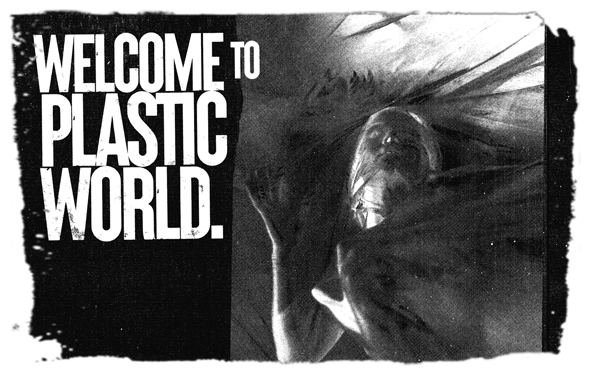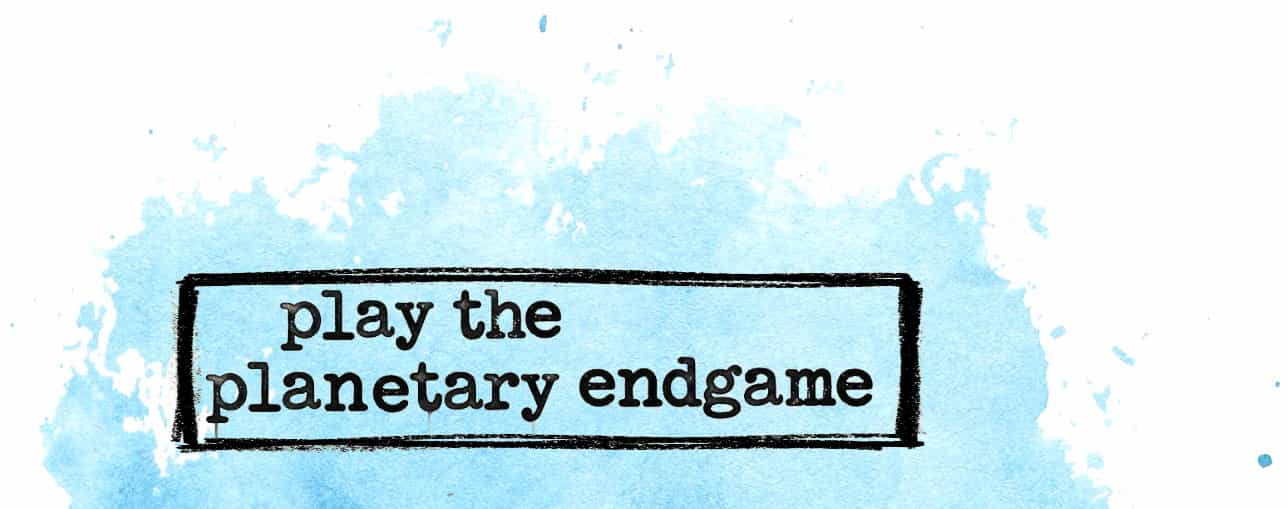Welcome to Plastic World.


“I want to say one word to you. One word,” whispered the voice of prudence in The Graduate. “Plastics.” Cheap, malleable, disposable, and conducive to mass production, plastic was a byword for the boundless potential of postwar industry. It promised degrees of convenience, thrift, and novelty previously unthinkable of the materials of old. But gradually, it became apparent that plastic had a terrible downside. Alongside other synthetic compounds, plastic waste was migrating beyond the confines of city and landfill into parks, lakes, rivers, and oceans. Its durability, a virtue as a material for consumption, made plastic objects enduring hazards to the natural environment and to its wildlife. Rivers choked on torrents of litter. Islands of rubbish floated on the seas. Seals, turtles, seabirds, and whales, suffocating or ensnared in synthetic mesh, perished in horrible fits of panic. But it wasn’t just the animals who suffered. Human beings were found to be full of the stuff: microplastics had permeated our bodies. Tiny particulates in our food, in our water, drew the filthy pollution from outside in, breeding cancer. And now in the air we breathe, strewn about by the wind to the remotest reaches of wilderness. Scientist Janice Brahney:
“There’s no nook or cranny on the surface of the earth that won’t have microplastics.”
There is no longer any escape from the fatal plastic mistake.
Join the Third Force Collective to access our revolutionary briefings.
This isn't a paywall. You can close it if you just want to read the article below it. But our aim is to win the planetary endgame — we want to catalyze a moment of truth, a stunning reversal of perspective from which corpo-consumerist forces never fully recover. For that we need you.






